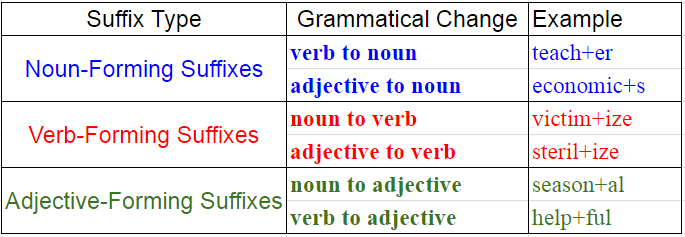The Magical Key to Improving your English Speaking
We all have busy lives. Work, family, friends, exercise, more work- it seems there is no time for learning a language!
Today is your lucky day! I am going to share with you a secret that only a few people in the world have discovered. Are you ready for this amazing news that will change your life and have you speaking English?
The key to improving your English (or any other language) is to PRACTICE.
Are you upset? Were you expecting some earth shattering secret? Why is it that we, as humans, are always looking for shortcuts?
If it were easy, everyone would be walking around bi-lingual.
To improve your speaking, you need to speak
If you want to get better at surfing, you must get out in the water with your surf board and learn by experience. Languages are the same. You must learn by trial and error.
Think of babies, they don’t just start out speaking perfectly. It takes them years of trial and error before they can communicate effectively.
Books and blog posts are not going to help you improve your speaking. Well besides this one– hopefully this blog post encourages you to take action and open your mouth.

Passive Vocabulary vs Active Vocabulary
The large majority of students who come to me, tell me that they can understand more than they can verbalize in English. They may have a strong PASSIVE VOCABULARY – the stuff that you know and understand. ACTIVE VOCABULARY is what you need to communicate. You need to be able to form sentences and speak them out-loud.
To improve your Active Vocabulary (this is the #1 goal, people) you need to strengthen that connection between your brain and your mouth.
Ways to practice your spoken English
Talk to your pet
The whole idea is to get comfortable with speaking. AND you are doing a good deed by teaching your animal another language.

Talk to Artificial Intelligence
Not your neighborhood robot, but your smartphone or creepy Alexa type device sitting on your desk. I had a lot of fun with this with my Japanese friends speaking to Siri!

Speak to yourself in the mirror
Straight up Evil Queen from Snow White style. This exercise is helpful because you see your mouth moving and realize, “Hey! I can do this.”

Have a conversion with a friend
Use this experience as a way for you to practice your speaking- not for you and your friend to learn from each other (unless your friend is a professional teacher). It is selfish, but you gotta get your practice in. Not recommended for serious topics 😀

Speak with a Professional English Teacher on Skype
You can be sitting anywhere in the world and connect with an English native speaking teacher who will correct your mistakes and help you to improve. Someone like me!

Whether it is an animal, a mobile phone or your bestie– just talk to someone! Improve that connection from your brain to your mouth. Strengthen it and build your confidence at the same time.
I’m here to help! Contact me and we’ll get you started with speaking practice as soon as possible.












